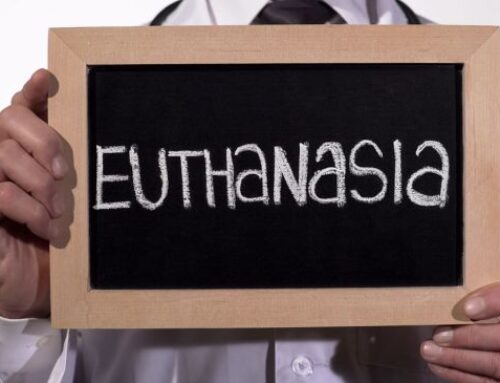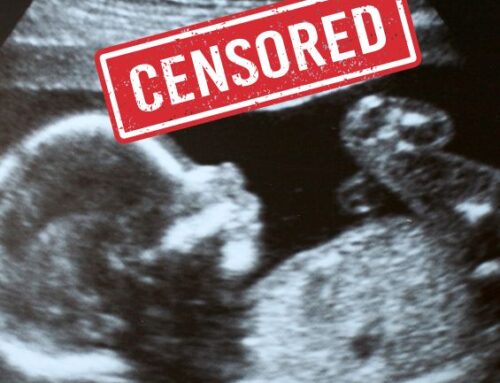Josie Luetke:

Interim writer, Josie Luetke, Talk Turkey
Imagine that you’re mentally ill, convinced that you’re worthless, and waging an internal war with yourself over whether you ought to keep on living or not. You weigh the pros and cons. You consider who might be sad over your death, and so you attempt to keep lists of things to look forward to in life.
Maybe it doesn’t take much imagination.
Now imagine that you realize that by dying a “dignified” death, you could save the lives of eight others, and “enhance” the lives of dozens more. You’re going to need some pretty hefty “cons” to balance that out.
These are lives of people with families who also don’t want to lose them. These are people fighting pretty darn hard to live.
I’ve reached a level of maturity where I’ll forego some treat or opportunity if I know someone else will enjoy it more.
I wonder how that works with organ donation. How do you justify your continued existence when the odds are at least one of those eight people would probably be happier than you?
Let me give my body parts to other people who want them more than I do. Let them give these organs a whirl—see if they can make better use of them than I can.
To a utilitarian, the calculus seems pretty simple.
Canada is already permitting those who die by euthanasia to donate their organs. It’s been described as a “win-win.”
Come next March, euthanasia (or “MAiD” as it’s wrongly called) will be extended to those suffering solely from mental illness.
University of Toronto professor Trudo Lemmens has raised this same concern as I have, stating that, “…people who struggle with a lack of self-esteem and self-worth may be pushed to see this as an opportunity to mean something.”
Cautionary headlines are doing nothing to stop our plummet into Hell.
Further, we know that suicide can be a contagion. A British study published in 2016 found that if someone commits suicide, their friends and family members are 65 per cent more likely to attempt suicide than if this individual had just died naturally.
Yes, euthanasia and suicide are not quite the same, but I don’t know that the technical definitions matter that much to those who are bereaved.
Consider Margaret Marsilla, who fought tooth and nail to save the life of her 23-year-old son, who was approved for euthanasia because he was depressed, diabetic, and partially blind. She succeeded, at least for now, but if she hadn’t, how does a mother live after that?
Consider Rose Finlay, a quadriplegic single mother of three boys, who was seeking euthanasia because she couldn’t receive adequate disability supports. How do her boys go on if the state kills their mom instead of helping her?
(By the grace of God is the actual answer, but who has that anymore?)
I’ve been in university classes in which we calmly debated the merits of extending euthanasia to “mature minors” or those making advance requests. We really had no clue what we were actually talking about.
Those sitting in their ivory towers—privileged, narcissistic, and utterly convinced of their own brilliance—can pontificate about their utopic visions of a world where euthanasia and assisted suicide can eliminate suffering.
On the ground, however, the world they’re creating is only breeding more suffering, and the magnitude of the despair on the horizon is terrifying.
I was discussing this topic with a former neighbour of mine a few months ago. She made some remark about how I oppose euthanasia only because I haven’t been in the shoes of those who request it; I can’t relate to what they’re going through.
I disagreed. I can relate all too well.
I do not oppose euthanasia because I cannot imagine ever being in a position where I’d make a request for it; I oppose euthanasia partly because I can imagine doing so all too easily.
I don’t know what my true level of pain tolerance is like, but I have a lingering suspicion that deep down, I’m a wuss. Mere headaches and nausea muddy my mind, and I make promises I can’t keep and rash decisions I wince at later.
I’m not confident in my ability to withstand extended suffering—be it physical or psychological—and I fear that in a moment of temptation and vulnerability, I could seek out death for relief, despite believing it to be wrong, despite abhorring the prospect when I’m of a clear mind.
I oppose euthanasia not because I think I’m special, but because I think I’m not.
Unlike too many others, I have my faith, my family, and a meaningful job—all of which currently hold back despair. How many others lack such safeguards, though? How many others lack a conviction in the inherent value of their life?
Euthanasia is understandable, especially in a secular nation, and that’s precisely the problem.
Alarm bells are ringing all over Canada, and outside of it. For what it’s worth, I’m ringing mine.




